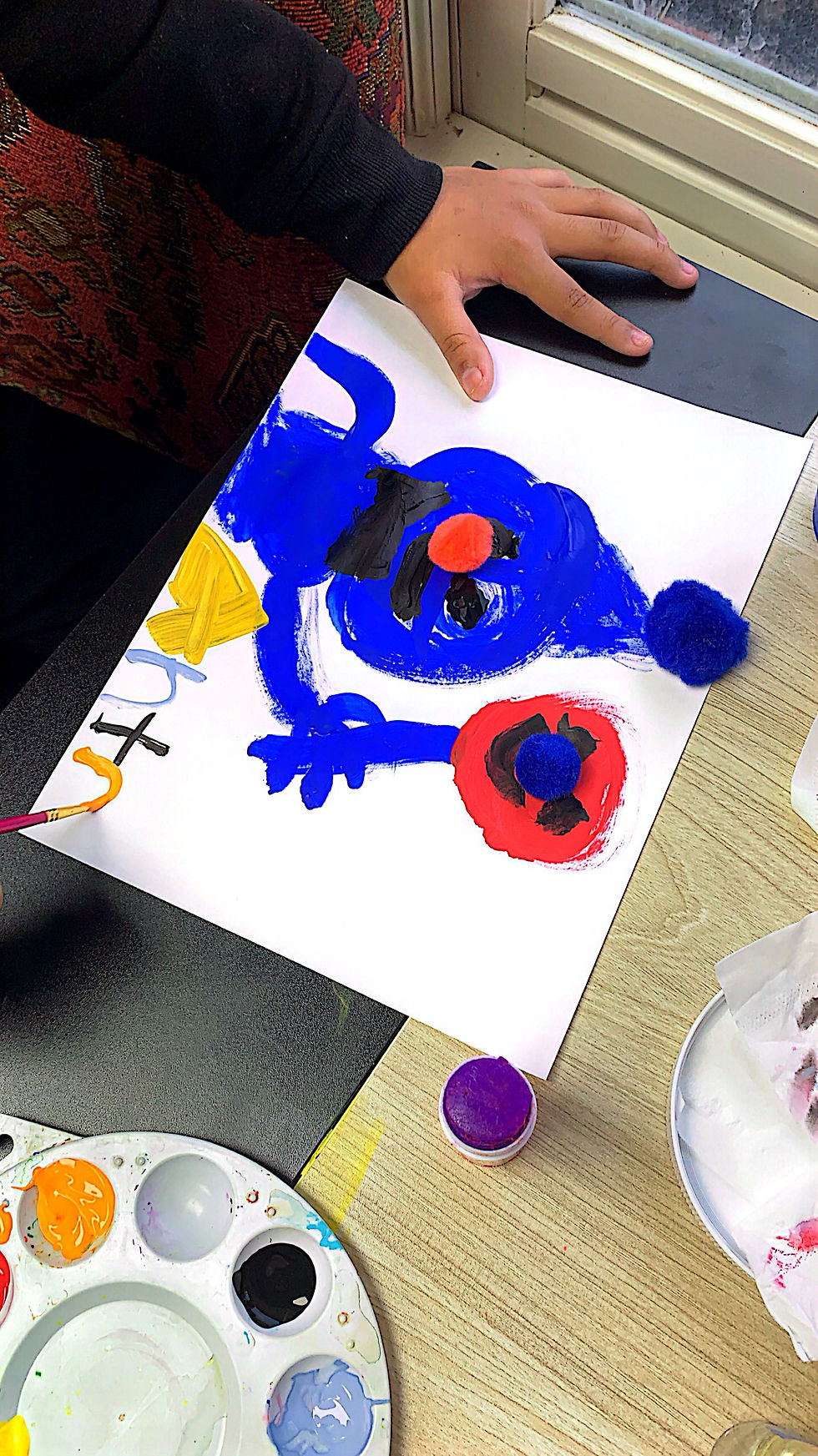
Play Therapy
We offer 50-minute play therapy sessions designed to help children and teens express their thoughts and emotions through creative activities such as toys, games, and art. Our experienced clinicians specialize in play therapy and are committed to providing the highest quality care. With years of experience and ongoing supervision, our clinicians ensure that clients receive the most current, evidence-based interventions tailored to their individual needs. This approach fosters emotional growth and helps children and teens develop healthier coping strategies in a supportive, engaging environment.
Welcome to our play therapy room, a space crafted for creativity and healing. Featuring over 500 miniatures, sand trays, an arts corner, and skill development toys, we provide an enriching environment for exploration. Every element is designed to support children's and developmental needs, ensuring a safe therapeutic space. Experience the transformative power of play!
































“Play is the child’s symbolic language of self-expression and can reveal (a) what the child has experienced; (b) reactions to what was experienced; (c) feelings about what was experienced; (d) what the child wishes, wants, or needs; and (e) the child’s perception of self.”
― Garry L. Landreth, Play Therapy: The Art of the Relationship
How does Play Therapy Work?
Play therapy involves a trained therapist working with a child in a safe and supportive environment. The therapist actively engages with the child during play to help uncover and explore emotions, fears, and challenges. The therapy room is filled with toys, games, and art materials to encourage free expression. The therapist observes the child’s interactions with the materials, offering gentle guidance and suggestions to help the child express feelings and thoughts. The goal of play therapy is not to "fix" the child, but to create a space where they can process emotions, develop coping skills, and address challenges in a healthy, constructive way.
Play therapy offers a variety of benefits, such as helping children express emotions they may struggle to articulate verbally. It improves emotional understanding by helping children identify and manage feelings like anger, sadness, or anxiety. Through play, children also learn problem-solving skills and develop self-esteem by overcoming challenges in a supportive setting. Play therapy helps reduce anxiety and stress, encourages the development of social skills, and is effective in addressing behavioral issues, trauma, ADHD, and other emotional challenges. It is particularly beneficial for children coping with emotional struggles, family changes, or difficulty adjusting to school and social environments.